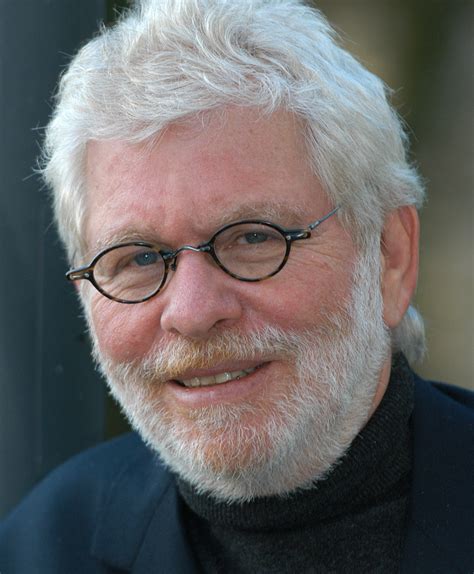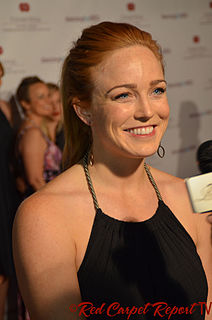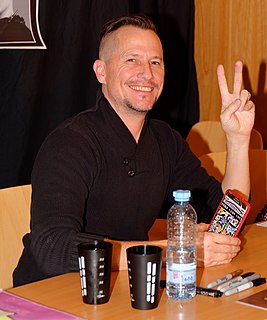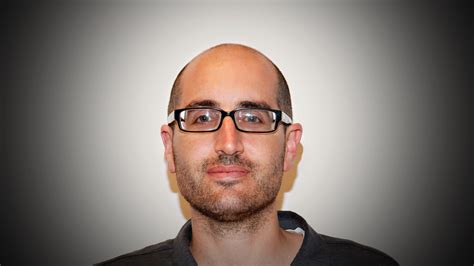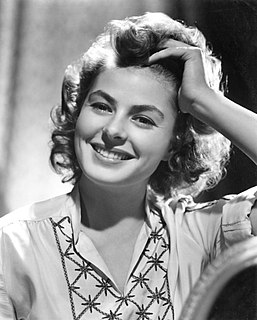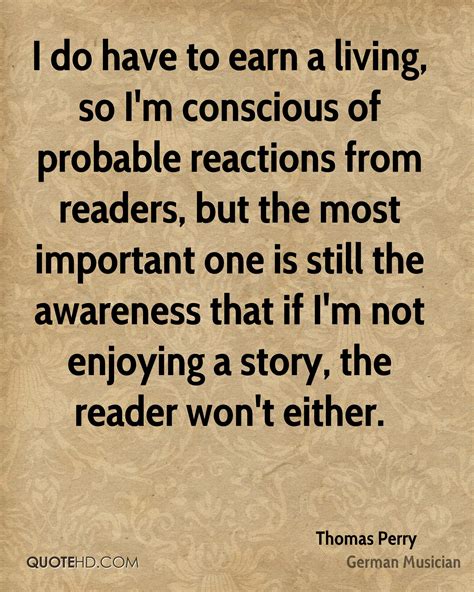A Quote by Graeme Simsion
I watched as Humphrey Bogart’s character used beans as a metaphor for the relative unimportance in the wider world of his relationship with Ingrid Bergman’s character, and chose logic and decency ahead of his selfish emotional desires. The quandary and resulting decision made for an engrossing film. But this was not what people cried about. They were in love and could not be together. I repeated this statement to myself, trying to force an emotional reaction. I couldn’t. I didn’t care. I had enough problems of my own.
Quote Topics
Related Quotes
I wanted to make a film that wasn't just a biography. When you watched it, you actually felt that you watched a movie, that you had an emotional reaction. In order to do that, I felt that I had to really keep myself emotionally raw while working on the film. I had to feel myself crying, so the audience could be moved, too.
I want the young people to pay attention because, see, back when I first met Barack, we started dating, he had everything going for him. All right, ladies, listen to this. This is what I want you to be looking for. Yes, he was handsome-still is. I think so. He was charming, talented, and oh-so smart, truly. But that is not why I married him. Now, see, I want the fellas to pay attention to this. You all listening? What truly made me fall in love with Barack Obama was his character. You hear me? It was his character. It was his decency, his honesty, his compassion and conviction.
I watched horror movies way too young and one of my favorite horror movies was The Shining. Jack Nicholson's character in that just bore a hole in my brain, his weird, maniacal controlled stuff. Obviously Mara in Village of the Damned wasn't an alcoholic and didn't have emotional, crazy outbursts. She was very non-emotional. But it was that sort of evil that I was tapping into.
Depending on the year or the therapist he was seeing, he'd learned to ascribe just about every facet of his character as a psychological reaction to his parents' fighting: his laziness, his overachieving, his tendency to isolate, his tendency to seduce, his hypochondria, his sense of invulnerability, his self-loathing, his narcissism.

